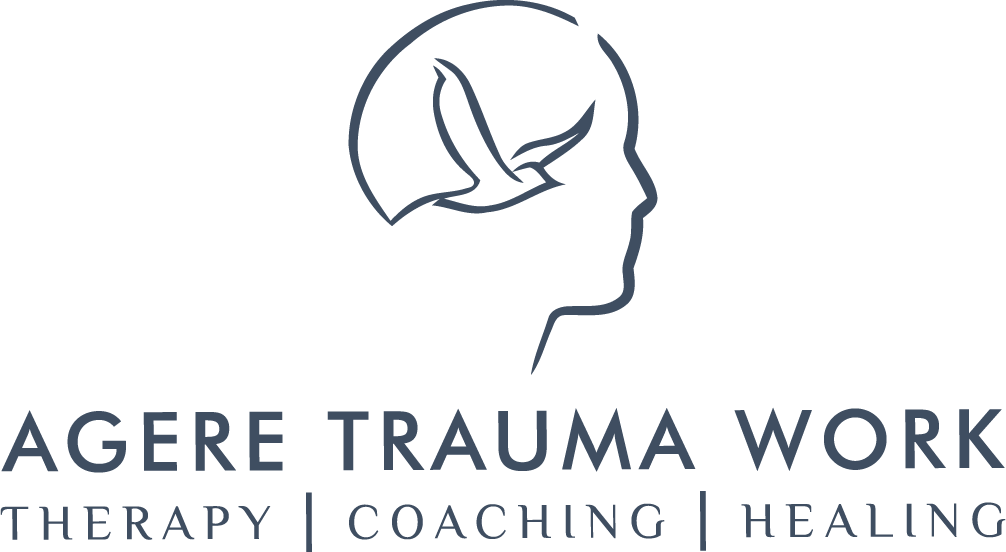
SPECIALIZED TRAINING:
Neuro-Affective Relational Model™ (NARM)
NARM is a clinical model for working with individuals who have experienced disruptions or trauma, during childhood. In popular culture, it has been referred to as developmental trauma, relational trauma, or intergenerational trauma. In psychology, it is often referred to as complex trauma (C-PTSD). In medicine, it has been called Adverse Childhood Experiences (ACE).
NARM’s model of treatment is rooted in the idea that there is a spontaneous movement in all of us toward connection, health, and aliveness. As Dr. Heller puts it, "no matter how withdrawn or isolated we have become, or how serious the trauma we have experienced, on the deepest level, just as a plant spontaneously moves toward sunlight, there is in each of us an impulse moving toward connection and healing..."
This model combines awareness of your thoughts, connection to your internal experience (emotionally and physically), and your broken-heart's deepest desire.
The experiential process is effective because we're continuously staying connected to your nervous system and helping it self-regulate to distress. There is an awareness of what's happening in your body while we are working through your problems. Also, emphasis is placed on reflecting back to you how you might be contributing to the problems with distorted beliefs while reminding you of your capacity to apply self-compassion to the psychological injury or emotional pain, and helping you cultivate patience to let the healing do its work.
Eventually we get to reach a state of acceptance, a settling, and it's in that quiet place inside you, where you know you can go to take refuge and connect to your essence. Our exploration and collaboration is to work through what is getting in the way.
Eye Movement Desensitization and Reprocessing (EMDR)
EMDR therapy is an integrative psychotherapy approach that helps you break through the emotional blocks that are keeping you from living an adaptive, emotionally healthy life.
EMDR uses rapid sets of eye movements to help you up-date disturbing experiences or memories to a healthier present perspective. The bilateral stimulation alternates between your left and right brain hemispheres to initiate deep processing.
When past emotionally charged experiences are overly influencing your present emotions, sensations and thoughts about yourself, you can feel stuck or feel like you are going around in circles with the same issue.
The EMDR therapy can help reprocess the memories or emotions that are stuck. Similarly it can help desensitize you from those triggers.
Some client respond extremely well to this therapy and will notice relief within the first EMDR session. Subsequent sessions will continue to offer benefits, such as less tension in the body, less emotional disturbance when thinking about the original problem, and an increased capacity to resolve the issue. In science terms, new, healthy/positive neuro-networks get created in the brain while old, unhealthy/negative neuro-networks begin to weaken.
Aside from these two modalities, I have also been trained in and practice CBT, DBT, Trauma-Focused CBT, Attachment-Focused EMDR, Non-violent Communication, Compassion Cultivation, Meditation & Mindfulness, Motivational Interviewing, and Emotion-Focused Therapy for Couples.
